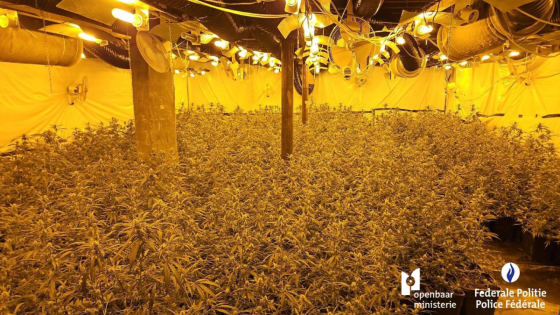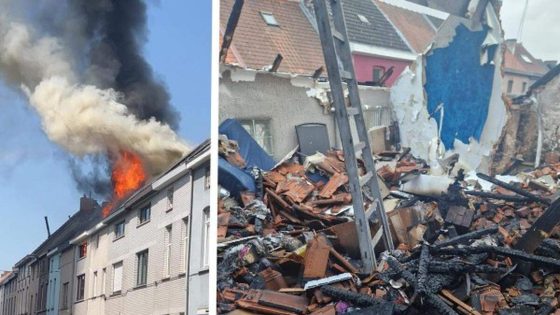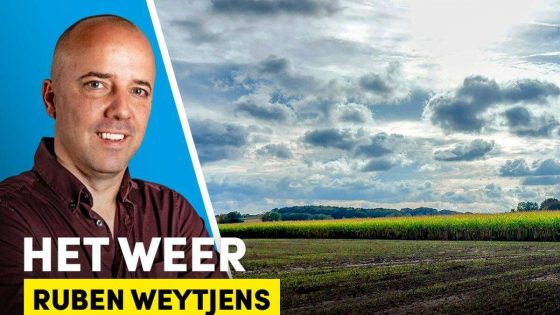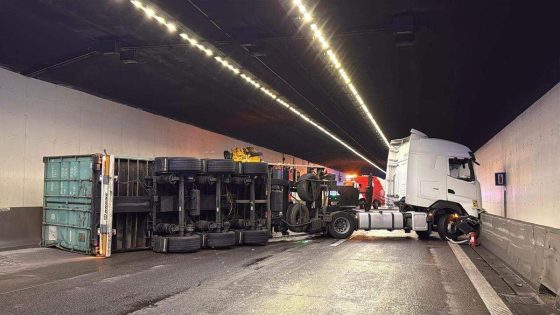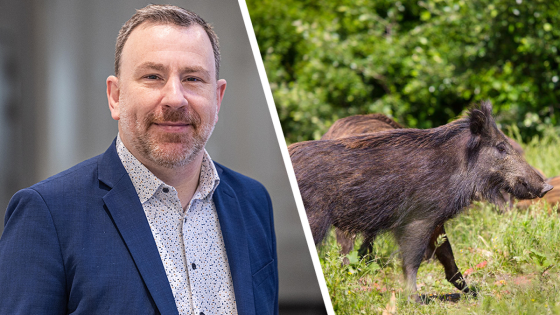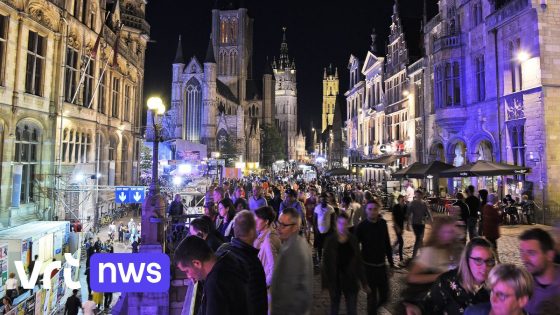Belgian authorities have dismantled a major Albanian cannabis trafficking network, marking a significant crackdown on illegal drug production. The operation targeted multiple cannabis plantations across Belgium, revealing a sophisticated criminal setup using intermediaries and forged documents to evade detection.
- Targeted Albanian criminal group producing cannabis
- Used intermediaries and fake documents
- Employed undocumented workers for maintenance
- Discovered three active plantations in Belgium
- Seized cannabis, cash, vehicles, and weapons
- Found plantations under construction in two cities
On 2025-06-18 19:08:00, federal police uncovered three active plantations in Gent, Harelbeke, and Verviers, with over 3,200 cannabis plants seized. Additional sites in Menen and Kortrijk were found still under development. Alongside the plants, officers confiscated 4.8 kilograms of cannabis, cash, vehicles, illegal weapons, and digital assets.
How did this network operate undetected for so long? And what does this mean for local communities? The following summary highlights the key outcomes of this major police action.
What does this crackdown reveal about organized crime in Belgium? The use of undocumented workers and fake paperwork shows a high level of planning and exploitation. This case raises important questions about border control and labor regulations.
- Criminals exploited vulnerable individuals without legal residency for plantation maintenance.
- False documentation helped the network avoid police scrutiny for an extended period.
- Seizures included weapons and digital currencies, indicating diversified criminal activities.
Looking ahead, continued vigilance and community cooperation are essential to prevent similar illegal operations. How can authorities further strengthen detection methods? Public awareness and reporting suspicious activity remain key in combating drug-related crime.



